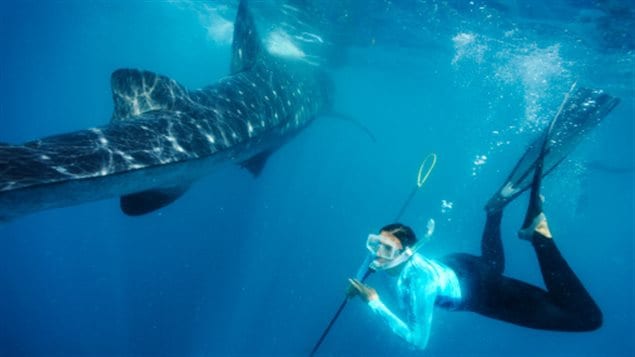What if marine animals could talk? Tell us where they have been, how they interact with one another, how their habitat is changing…
Well, they can.
In a paper just published in the journal Science, researchers affiliated with the Nova Scotia-based Ocean Tracking Network explain that countless aquatic organisms are working around the clock as oceanographers these days thanks to technological advances in miniaturization and battery engineering, for example.
Large mammals, but also smaller creatures such as jellyfish, can now be outfitted with tags.
Electronic tracking devices are able to remotely monitor animals and their environment, providing researchers with an array of data, from the temperature and conductivity of the water, to feeding times and frequency when paired with jaw motion sensors.
Of course, understanding aquatic ecosystems is crucial to ensure that they are properly managed and protected.
But for telemetry to effectively serve that purpose, the researchers write that a few challenges need to be overcome. Among them: coordinating monitoring efforts and sharing data globally.







For reasons beyond our control, and for an undetermined period of time, our comment section is now closed. However, our social networks remain open to your contributions.